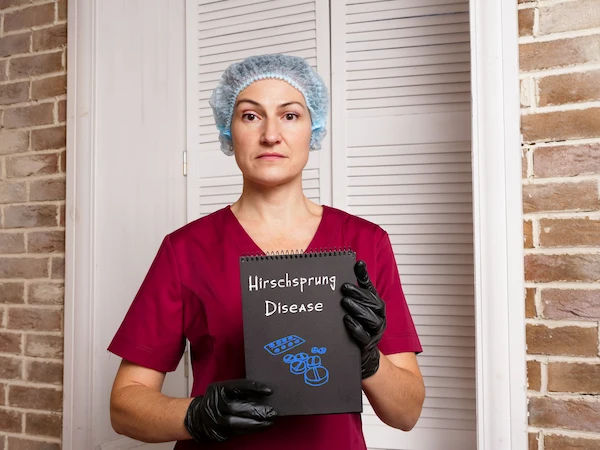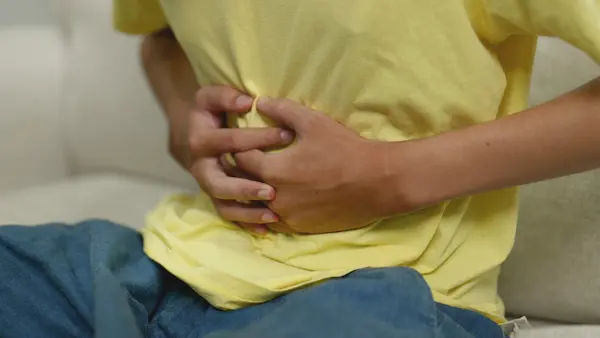- Male
- 33 Years
- 29/01/2025
I've been feeling better since recovering from dengue last month, but I'm worried because my SGPT level is at 168 UL and my SGOT is 40 UL. Should I be concerned about these levels being high? What could this mean for my health right now? Looking for some advice on what steps I should take next.
Answered by 1 Apollo Doctors
Low Platelet Count (Thrombocytopenia) and Rashes
Medical Consultation
- Consult a hematologist: Schedule an appointment with a hematologist to determine the underlying cause of your low platelet count.
Possible Causes
- Immune thrombocytopenic purpura (ITP): An autoimmune disorder where the immune system attacks platelets.
- Infections: Certain infections, such as HIV, hepatitis, or sepsis, can cause low platelet counts.
- Medications: Certain medications, such as heparin, can cause thrombocytopenia.
Treatment Options
- Corticosteroids: Medications like prednisone can help increase platelet counts.
- Immunoglobulins: Medications like intravenous immunoglobulin (IVIG) can help increase platelet counts.
- Thrombopoietin receptor agonists: Medications like romiplostim or eltrombopag can help stimulate platelet production.
Natural Remedies
- Vitamin B12 supplements: Vitamin B12 deficiency can contribute to low platelet counts.
- Folate supplements: Folate deficiency can also contribute to low platelet counts.
- Papaya leaf extract: Some studies suggest that papaya leaf extract may help increase platelet counts.
Rashes on Palm
- Petechiae: Small, pinpoint rashes on the skin can be a sign of low platelet counts.
- Purpura: Larger, purple-colored rashes can also be a sign of low platelet counts.
Monitoring
- Regular blood tests: Monitor your platelet count regularly to ensure treatment effectiveness.
- Watch for bleeding symptoms: Monitor for signs of bleeding, such as bruising, nosebleeds, or heavy menstrual bleeding.
Dr. Chandra Suggests...
Consult a Gastroenterology/gi Medicine Specialist
Answered 04/07/2025
0
0

More Gastroenterology/GI medicine Health Queries
View allI'm wondering if it's okay to give ofloxacin oz for treating piles. The person I'm asking about is already on medication for hypertension. Can you advise me on this?
Using Ofloxacin OZ for Piles (Hemorrhoids)_ 1. _Not the first line of treatment_: Ofloxacin OZ is not typically used to treat piles. Hemorrhoids are usually managed with lifestyle changes, dietary modifications, and topical treatments. 2. _Potential risks_: Using antibiotics like Ofloxacin OZ for piles may lead to unnecessary antibiotic exposure, increasing the risk of antibiotic resistance and side effects. _Interactions with Hypertension Medication_ 1. _Potential interactions_: Ofloxacin OZ may interact with certain hypertension medications, such as beta-blockers, calcium channel blockers, or diuretics. 2. _Monitor blood pressure and adjust medication_: If Ofloxacin OZ is prescribed, your doctor should monitor your blood pressure and adjust your hypertension medication as needed.
Answered by 1 Apollo Doctors
I'm noticing some thin red worms, about a centimeter long, showing up after I flush stool. It's a bit worrying. What could they be, and should I be concerned?
parasitic infection , go for stool culture examination and consult physician for treatment
Answered by 1 Apollo Doctors
I've been experiencing this sharp, needle-like pain on the right side of my stomach, and it's kind of weird. It comes and goes, sometimes just for a few seconds but can last up to three minutes. Do you have any idea why this might be happening?
Yes there is cure for that visit Psychiatrist for appropriate management
Answered by 1 Apollo Doctors
Disclaimer: Answers on Apollo 247 are not intended to replace your doctor advice. Always seek help of a professional doctor in case of an medical emergency or ailment.




